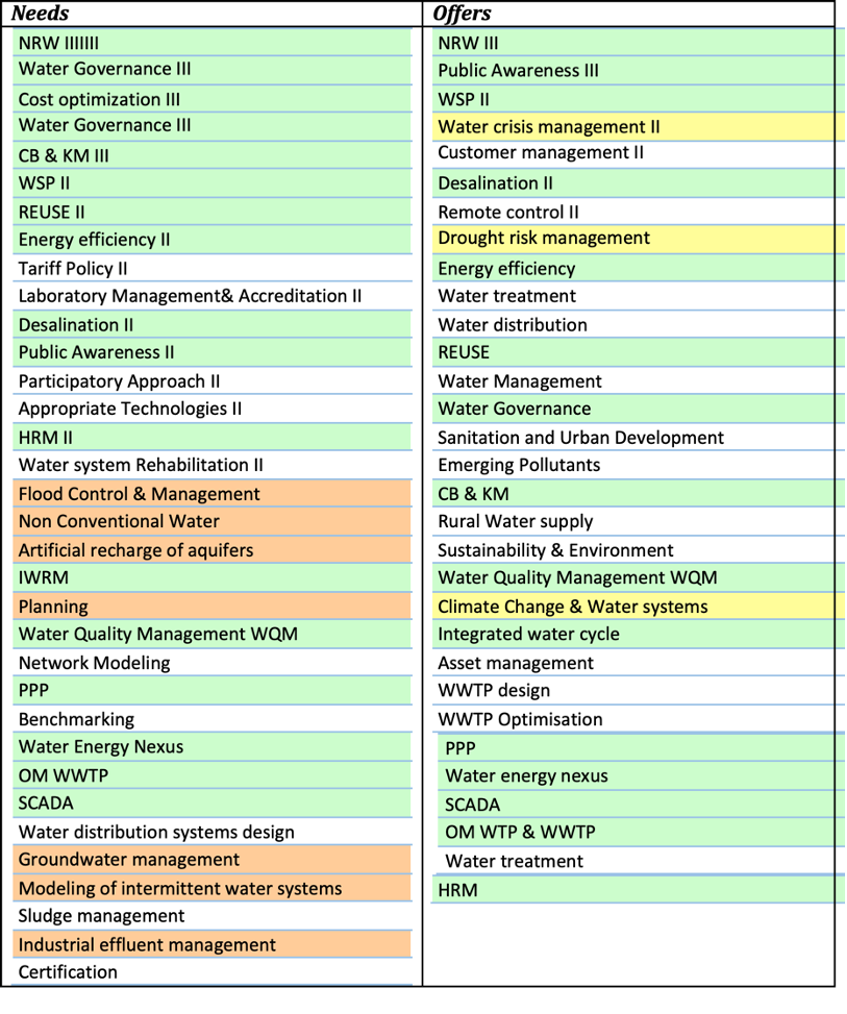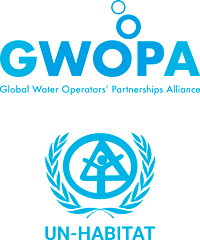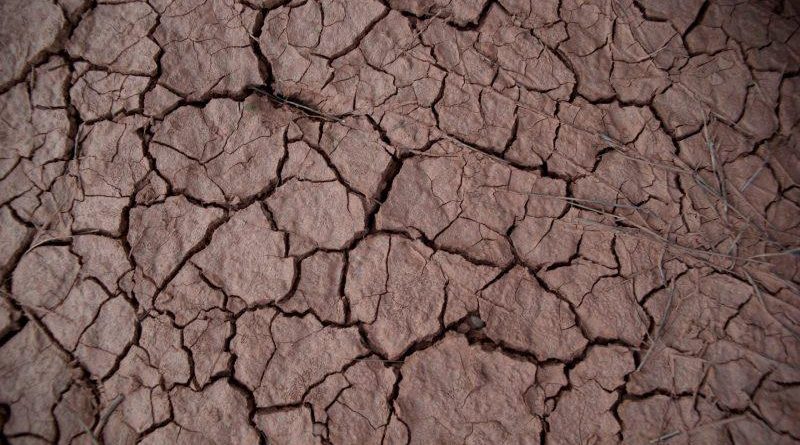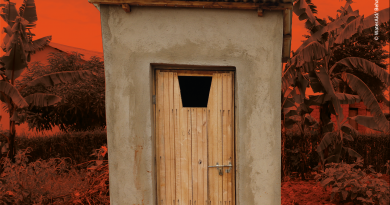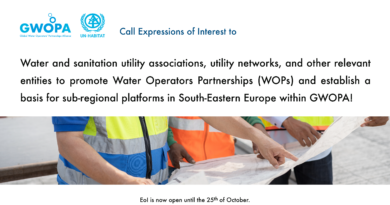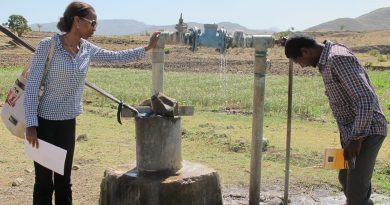Water-sector consultation reveals high potential of WOPs to address water scarcity in the MENA region
Water scarcity affects all continents, but the MENA region (Middle East and North Africa) is acutely impacted. The growing effects of climate change also risk further exacerbating challenges on the ground for utilities, customers and businesses. There is an urgent need to address these challenges by working with stakeholders to identify needs and find adaptable and feasible solutions. GWOPA, with the support of the Department of Energy of Abu Dhabi (DoE), conducted a regional consultation with this objective, and findings revealed strong potential for capacity-building initiatives, like WOPs, to bring about transformative change.
More than 50% of the population in the MENA region has little or no access to drinkable water and over 70% of the region’s GDP is exposed to high water stress. The region is a global hotspot of unsustainable water use, especially of groundwater, and in some countries, more than half of current water withdrawals exceed what is naturally available. Water utilities face an increasing need to improve the management of water resources and associated infrastructure to face water scarcity. The regional consultation began with an initial Expert Group Meeting in January 2019 to bring together key partners. The EGM recommended the development of an action plan for utility capacity building on water scarcity and highlighted the potential of WOPs as a useful mechanism.
A needs assessment questionnaire was also elaborated and disseminated to identify the main challenges for utilities, measure interest in engaging in WOPs and identify areas of need that could serve as a basis for matchmaking (see table 1 below). The consultation drew on successful programmes in the region that could be scaled up or used to leverage capacity building through WOPs, most notably “Waterwise”, an initiative in the UAE that aimed to inform, inspire and enable greater “water efficiency” across Abu Dhabi. ACWUA, the Arab Countries Water Utilities Association, is also leading capacity building actions in the region, specifically around de-polluting the Mediterranean and promoting sustainable practices. Lastly, a field mission to Sultanate of Oman was also instrumental in identifying good practices in the region.
During the second EGM, which featured utilities from Lebanon, Morocco, Palestine, Jordan, Tunisia, Egypt, Spain and Portugal and the Arab Countries Water Utilities Association, the findings of the questionnaire were pulled together into a regional action plan featuring seven two-year WOPs (see table 2 below). Among the top priorities, non-revenue water, water governance and cost optimization were strongly featured. The proposal included commitments from partners and a foundation to define costs and approaches that would be adopted.
The final stage in the consultation was to present all findings during the World Urban Forum 2020 in February in Abu Dhabi with the aim of attracting interest from potential partners and donors. If successful partners can be found, the WOPs could be initiated in line with GWOPA’s code of conduct in the coming months. It could be complemented by a training programme led by ACWUA, on specific common technical challenges faced by the mentee utilities. Well-constructed and effective WOPs could help improve the operational performance of the region’s utilities and advance much-need water security for those currently living with water stresses and low quality, or inexistent, services.

